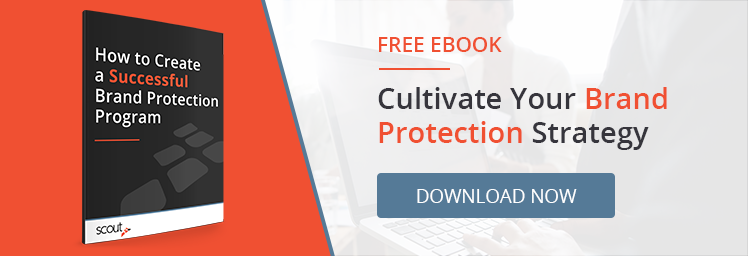By the end of 2015, we had plenty to reflect upon for that year’s many counterfeit product cases.
Some of the major, recognizable players that found itself in legal hot water then was, for various reasons, Bank of China, Alibaba, eBay, PayPal and Etsy. Some of those entities continued to confront counterfeit problems in 2016.
Counterfeit Products Remain a Huge but Hard-to-Quantify Problem
The counterfeit problem is expected to grow and present itself in ways that many may not have expected in the past.
According to the Global Intellectual Property Center, the true scope of the problem worldwide cannot be pinpointed with 100 percent accuracy, but experts estimate that counterfeiting costs the global economy somewhere in the trillions of dollars!
Unfortunately, end-of-year reports on counterfeiting will be relevant next year and in successive years. Nonetheless, 2016 had some interesting cases.
Amazon Takes Counterfeit Sellers to Court for the First Time
If folks didn’t know that Amazon was having a counterfeit problem, then 2016 was the year to find out. The largest Internet-based retailer in the world was considered a reliably safe source of goods, but more growing concern forced the company to take legal action.
The e-commerce giant filed a lawsuit against counterfeit sellers after a growing chorus of sellers was concerned that knockoffs were hurting sales by deterring customers. A patented product and athletic training supplies were a few of the products in question in the suit.
While the case will not end its problem with counterfeit products, the suit should at least deter some fraudsters from making profits from the IP of others.
A $70 Million Counterfeit Ring gets Busted
When we think of products, we tend to think of goods, wares and services. But one of the biggest counterfeit problems in the world lies in counterfeit currency.
Reported this year was the downfall of the best-known team of forgers for U.S. currency, whose fake money is still in circulation today.
Counterfeit money had something of a “Golden Age” around the time of the Civil War, when banks issued their own currency. Back then, 1 in 3 bills in circulation was fake.
Today’s best counterfeits have an amazing attention to detail. Though counterfeit money is far more tempered than it used to be, it’s still so vital to fight the problem and maintain the integrity of currency.
Fashion Designer Wins $90 Million in Damages After Successfully Suing Nearly 50 Defendants
In a trademark counterfeiting and cybersquatting case, Alexander Wang -- a high-profile designer -- won $90 million from nearly 50 owners of 459 sites selling knockoffs of his handbags, footwear, apparel and accessories.
Since 2005, Wang put his time, talent and money into creating a distinctive brand that counterfeiters wanted profit from. This case clearly shows how expensive it can be to profit from knockoff goods, and how peddlers will be sure to think twice when selling fake Wang products.
Alibaba Suit gets Thrown out
In August 2016, a judge dismissed some of a lawsuit filed last year by Gucci, Yves Saint Laurent and other brands hoping to sue Alibaba for promoting counterfeit products.
The suit hoped to prove that Alibaba, in association with many other companies, purposefully joined to form an enterprise to benefit from fake handbags and other accessories.
While the lawsuit failed in its purpose, Alibaba still got back on the “notorious” counterfeit market list, created by the U.S. Office of the Trade Representative. Alibaba was last on the list in 2012.
Efforts against Alibaba are sure to continue into the future, as it’s a major purveyor of counterfeit goods.
Keep Them Honest
Whether you are a major brand or one that’s changing your targeted market space, don’t let counterfeiters steal from your bottom line. Scout’s case management software has everything companies need to make their case to the judge.
For a free demonstration of how our software can build your case, request a free demonstration with us anytime.

